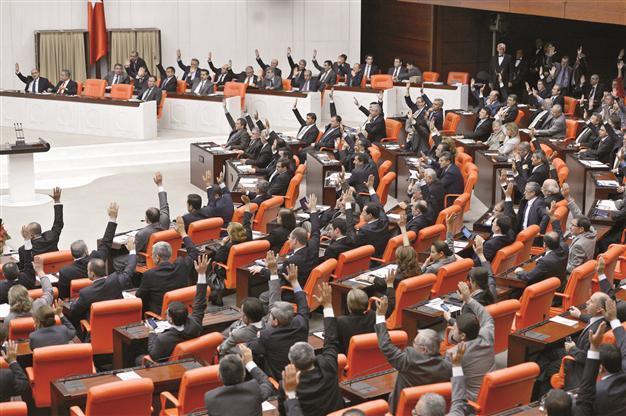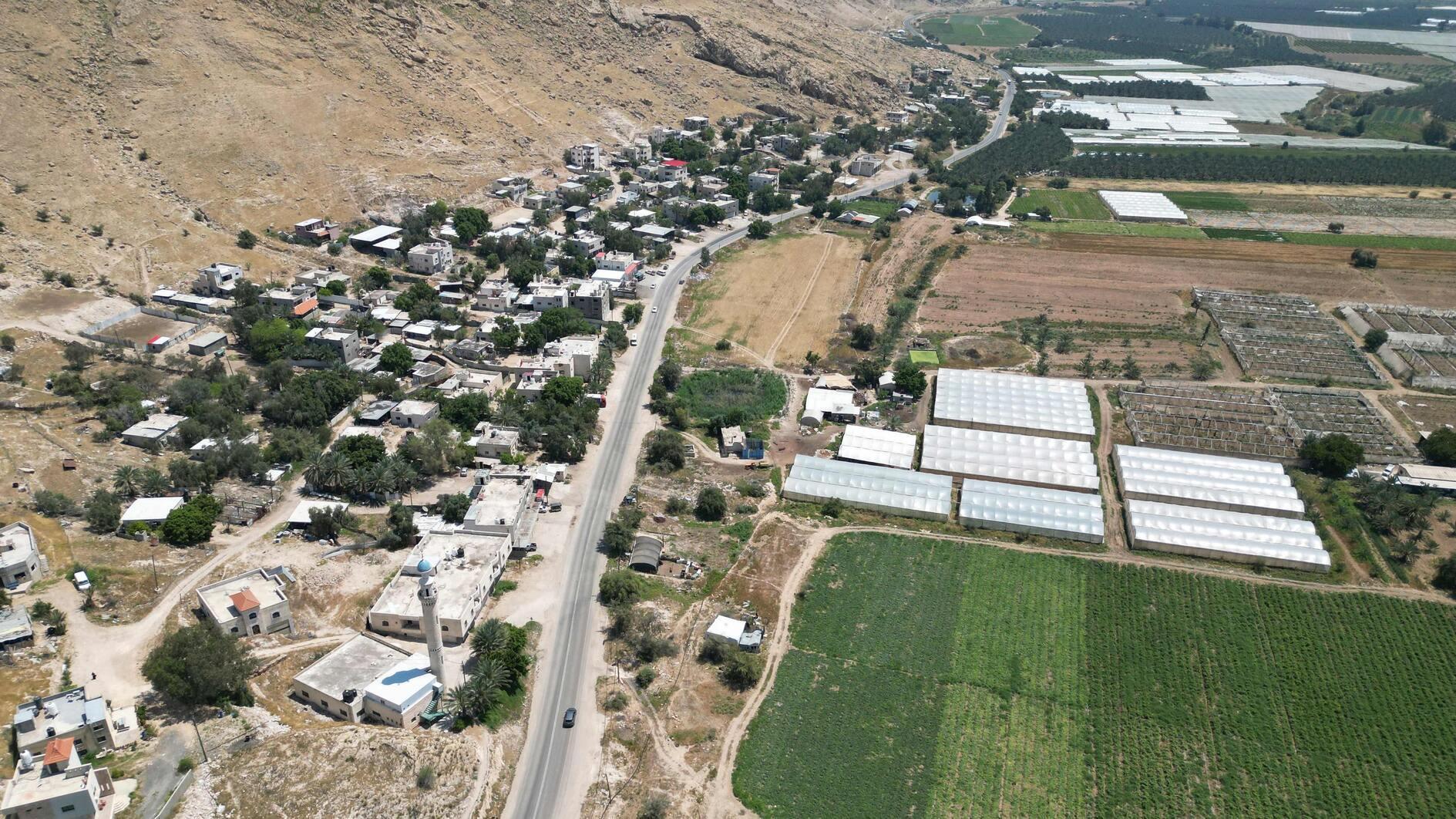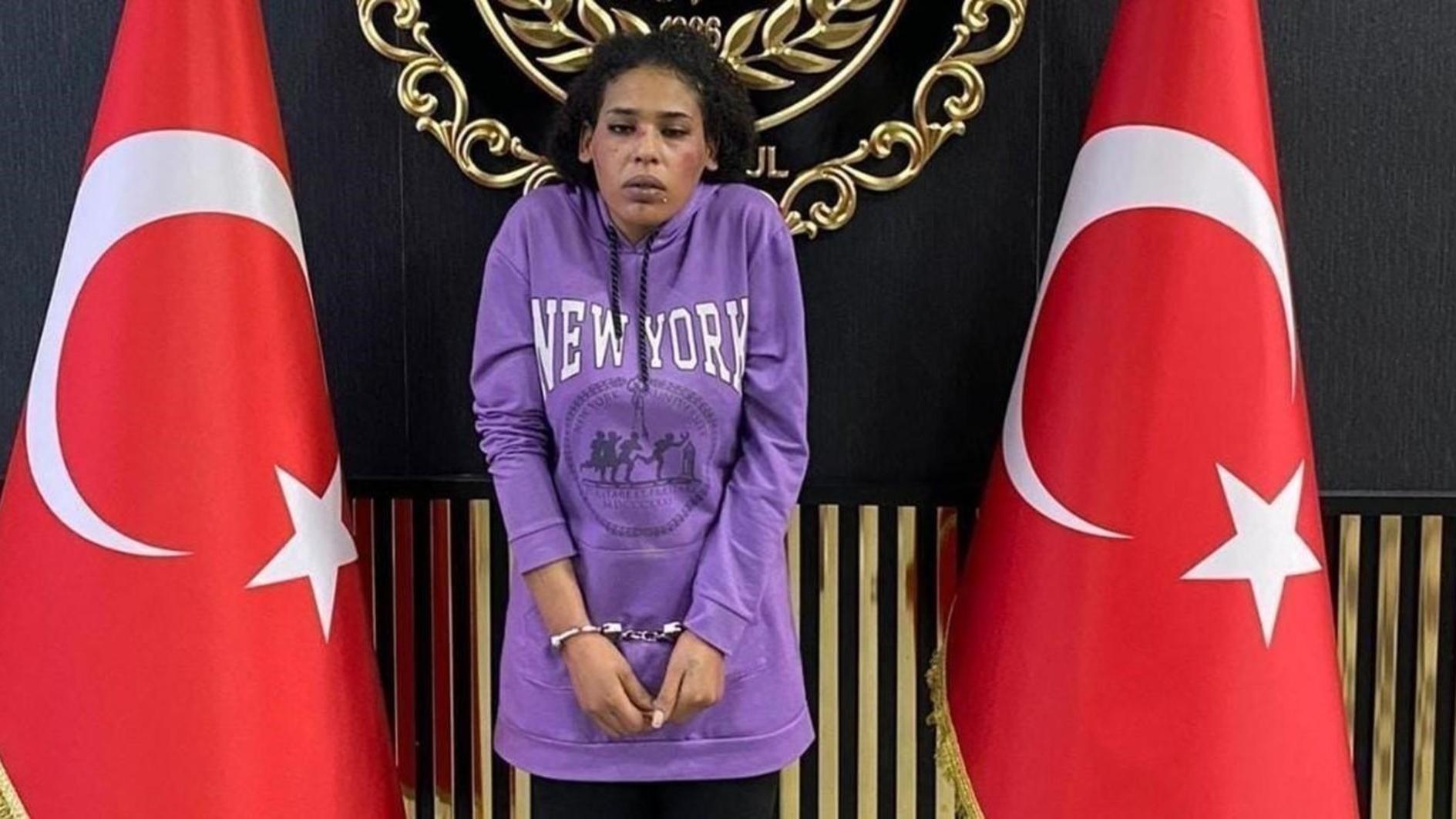Parliament’s panel on new charter faces tough agenda
ANKARA - Hürriyet Daily News

The top agenda of Parliament in 2013 will be the new charter. AA photo
Nov. 1 will mark the six-month anniversary of the beginning of Parliament’s Constitution Conciliation Commission attempt to draft a new charter, but the body has only succeeded in drafting a few articles amid reservations from the four participating parties.The commission will gather Oct. 31, following Eid al-Adha, or Feast of Sacrifice, to discuss 28 articles on which there has been no agreement and those on which there has only been partial agreement. The commission aims to finalize the drafting of these articles by mid-November.
The body has only drafted 38 chapters as part of the fundamental rights and freedoms chapter amid blocks placed on 90 articles by the parties.
On Oct. 2 Prime Minister Recep Tayyip Erdoğan set a strict deadline for the group’s work, saying a charter had to be drafted with opposition help by year’s end or the ruling Justice and Development Party (AKP) would set off on the process alone.
Erdoğan’s deadline was actually a “target” in the 15-article agreement text signed by the AKP and the opposition parties when they began work on the new charter last year.
The agreement signed by the ruling AKP, the main opposition Republican People’s Party (CHP), the Nationalist Movement Party (MHP), and the Peace and Democracy Party (BDP), stated that the aim was to finish the works on a new constutiton by the end of this year.
Nevertheless, Erdoğan’s remarks were interpreted by the opposition as an interference and imposition in the commission’s work.
Under such a tense environment, opposition parties want to renegotiate articles on which there has been no agreement at all or on which there has been only partial agreement, while the AKP wants to move to a new chapter by preserving reservations on those articles.
If the chapter on fundamental rights and freedoms is accepted with reservations, then the commission will decide on whether to move on to the chapter on “preambles,” or the chapter on “legislation, execution, judiciary.”
The 10 articles on which there is full agreement are the articles on: human dignity and honor, the quality and integrity of fundamental rights and freedoms, the right to life, the ban on torture and inhuman and degrading treatment, the ban on forced labor and drudgery, freedom of the arts and sciences, the right of reply and correction, the right to application and information, the status of foreigners, and the limitation of fundamental rights and freedoms.
No agreement on 38 articles
The commission has not been able to reach any agreement on nine of the 38 articles in the fundamental rights and freedoms chapter, with four parties defending four different definitions in each of the nine articles.
The articles include freedom to work and contracts, the right to education and training, freedom of religion and conscience, citizenship, the right to elect and to be elected and to conduct political activity, freedom to establish political parties and conduct political activity, the right to establish trade unions, the suspension of use of fundamental rights and freedoms, the right of collective agreement, and the right to strike.
















